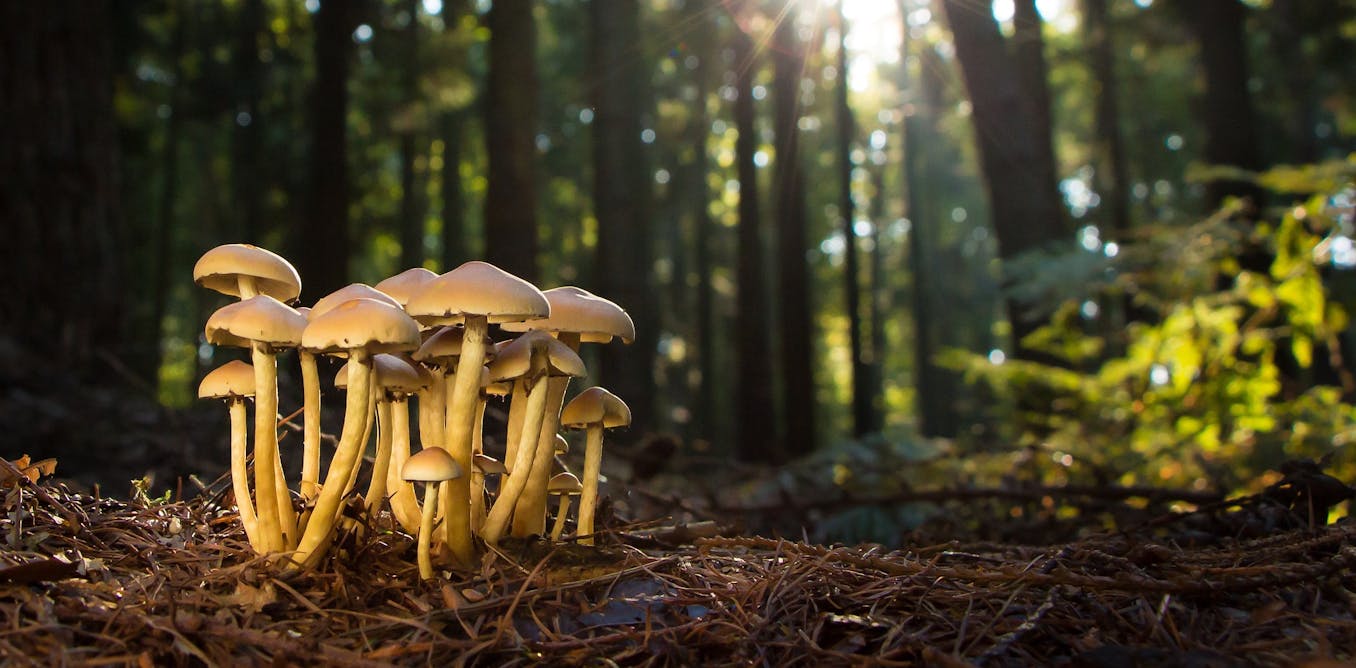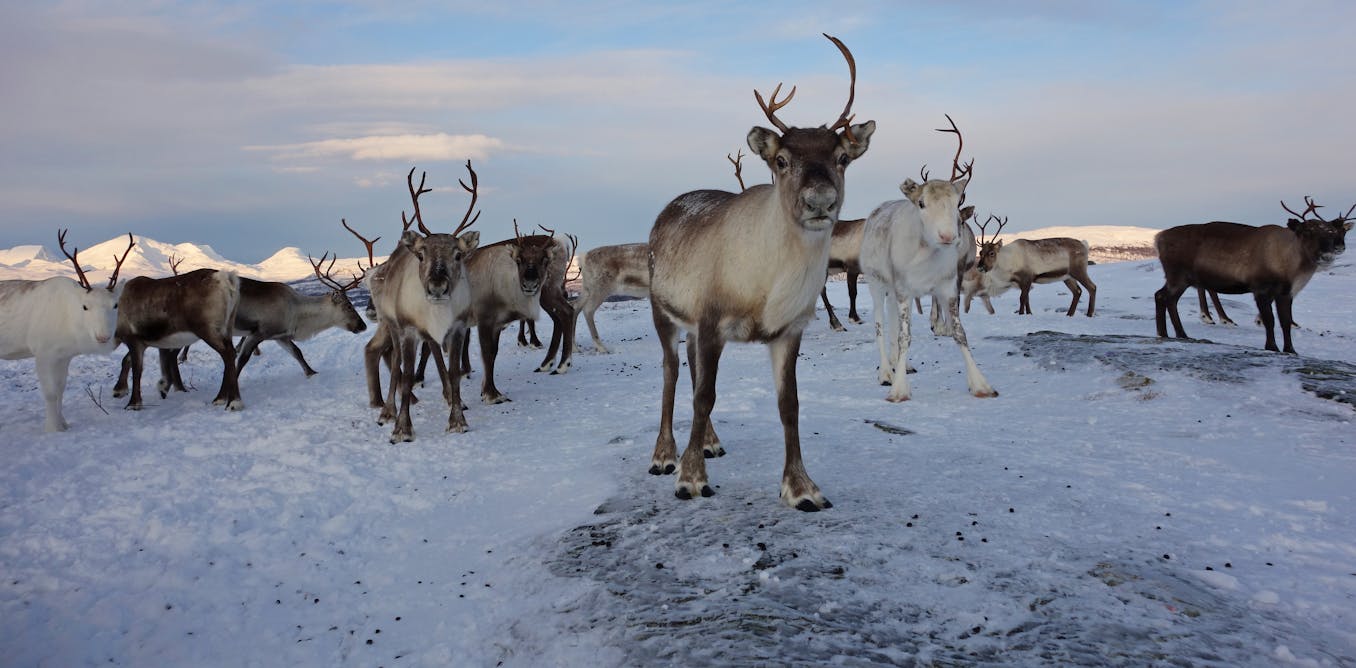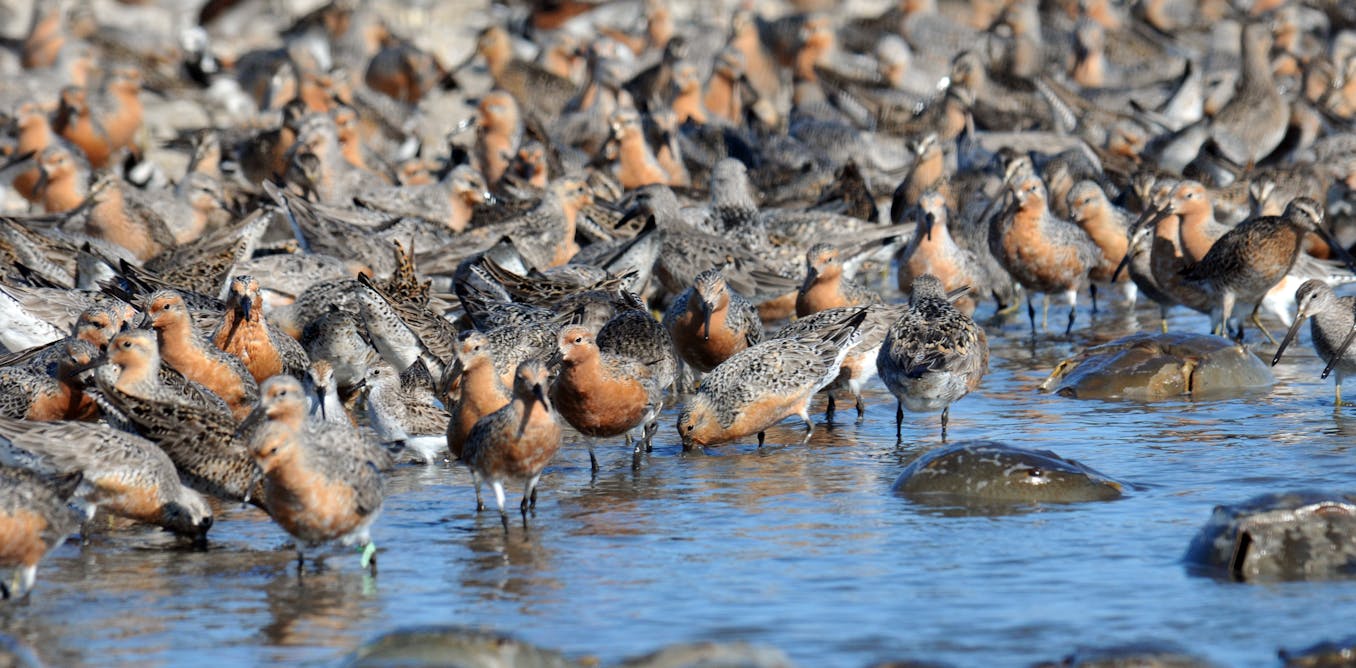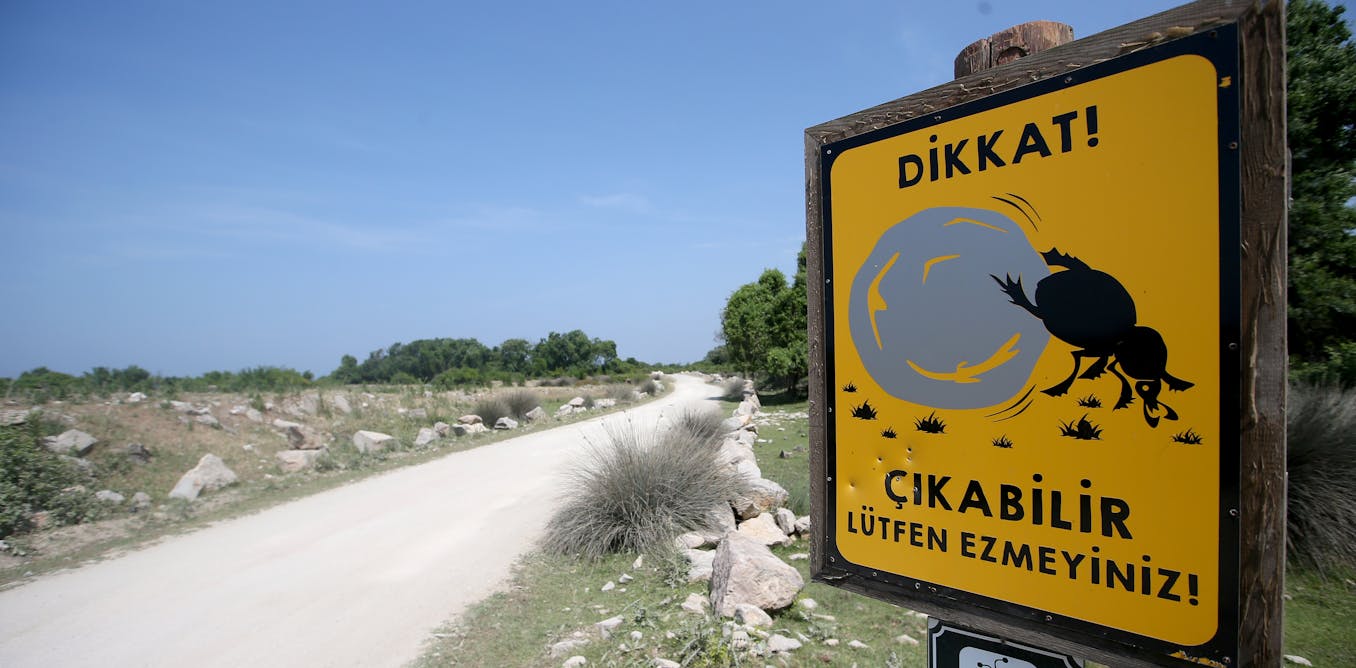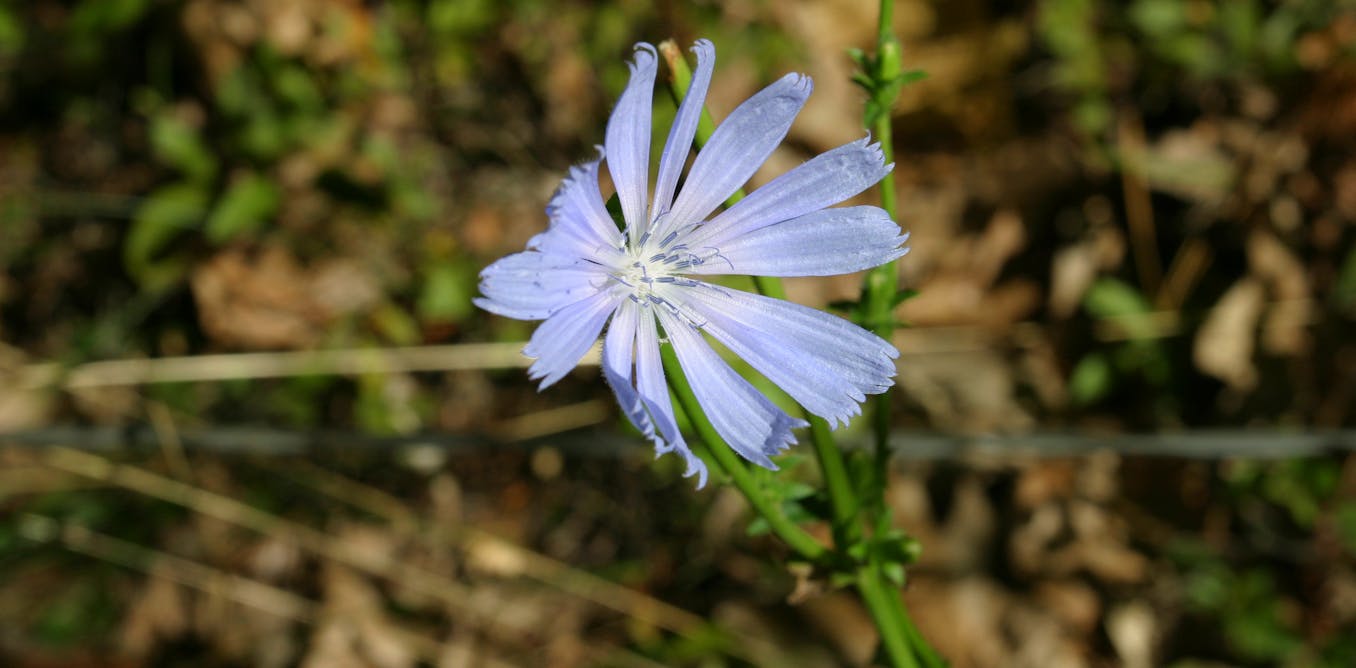Primates colonised the Arctic during a period of ancient global warming -- their fate offers a lesson as climate change speeds up
Close relatives of primates adapted to life in the High Arctic 52 million years ago – this may offer insight into future changes in the Arctic.
Jan. 30, 2023 • ~8 min
How tracking technology is transforming our understanding of animal behaviour
Scientists use biologging devices to track animal behaviour – here are four times where it has improved our understanding of nature.
Jan. 4, 2023 • ~8 min
Arctic Report Card 2022: The Arctic is getting rainier and seasons are shifting, with broad disturbances for people, ecosystems and wildlife
The annual report is also a reminder that what happens in the Arctic affects the rest of the world.
Dec. 13, 2022 • ~9 min
Arctic Report Card 2022: The Arctic is getting rainier and seasons are shifting, with broad disturbances for people, plants and wildlife
The annual report describes the changes underway and the impact they’re having on people and wildlife. It’s also reminder that what happens in the Arctic affects the rest of the world.
Dec. 13, 2022 • ~9 min
Protecting 30% of Earth's surface for nature means thinking about connections near and far
Governments, scientists and conservation groups are working to protect 30% of Earth’s land and water for nature by 2030. Two scientists explain why scale matters for reaching that goal.
Dec. 2, 2022 • ~11 min
Dung beetle mothers protect their offspring from a warming world by digging deeper
Everyone is feeling the heat these days – even species that develop underground.
Nov. 9, 2022 • ~9 min
From radiation to water pollution to cities, humans are now a driver of evolution in the ‘natural’ world – podcast
In this week’s episode of The Conversation Weekly, we speak with three scientists who study the ways plants and animals evolve in a world dominated by humans.
Oct. 27, 2022 • ~6 min
By fact-checking Thoreau's observations at Walden Pond, we showed how old diaries and specimens can inform modern research
Journals, museum collections and other historical sources can provide valuable data for modern ecological studies. But just because a source is old doesn’t make it useful.
Oct. 26, 2022 • ~10 min
/
16

